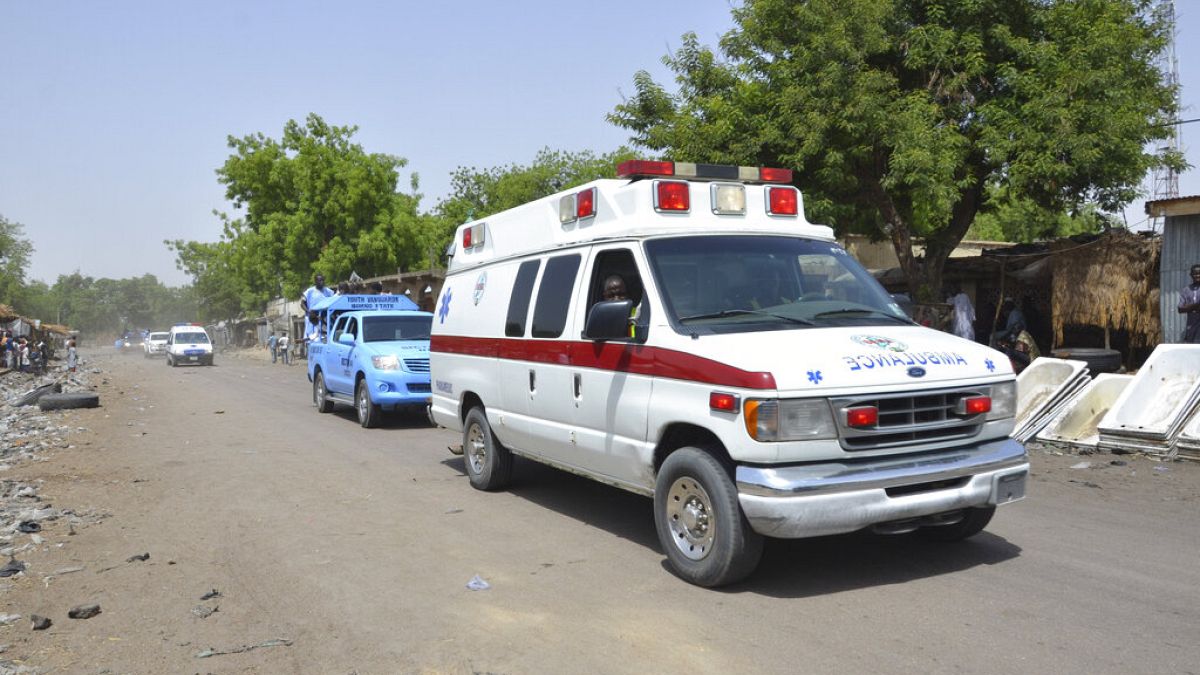In Nigeria, a tragic collision between a fuel tanker and another truck has resulted in the deaths of at least 48 people, with an additional 50 cattle burned alive in the fiery explosion. The incident took place in the Agaie area of north-central Niger state on Sunday. According to Abdullahi Baba-Arab, director-general of the Niger State Emergency Management Agency, search and rescue operations were immediately launched at the scene of the accident. Initially, 30 bodies were found, but later an additional 18 bodies of victims who were burned in the collision were discovered.
Niger State Governor Mohammed Bago has urged residents to remain calm and emphasized the importance of road safety measures to prevent such tragedies in the future. With Nigeria lacking an efficient railway system for cargo transportation, fatal truck accidents are unfortunately common along major roads. The country’s Federal Road Safety Corps reported 1,531 gasoline tanker crashes in 2020 alone, resulting in 535 fatalities and 1,142 injuries. This highlights the urgent need for improved road safety regulations and infrastructure to prevent further loss of life.
The devastating collision in Niger state serves as a stark reminder of the dangers faced by road users in Nigeria, particularly in the transportation of hazardous materials such as fuel. The high number of tanker accidents and fatalities in the country underscores the urgent need for stricter safety measures and enforcement to protect both human lives and property. The mass burial of the victims of this tragic incident is a solemn reminder of the impact of such accidents on families and communities.
The Nigerian government must take urgent action to address the root causes of these deadly accidents, including the state of infrastructure, vehicle maintenance, driver training, and enforcement of traffic regulations. Investment in railway transport and alternative modes of cargo transportation could help reduce the reliance on trucks and minimize the risks associated with fuel tanker accidents. Additionally, public awareness campaigns and education initiatives are crucial to promote a culture of road safety and responsible driving practices among all road users.
As the search and rescue operations continue at the site of the collision, the emergency response agencies and local authorities are working tirelessly to ensure the safety of all affected individuals. The tragic loss of life in this accident should serve as a wake-up call for all stakeholders to prioritize road safety and take proactive measures to prevent similar incidents in the future. By learning from this heartbreaking event and implementing necessary reforms, Nigeria can work towards a safer and more secure transportation system for all its citizens.











